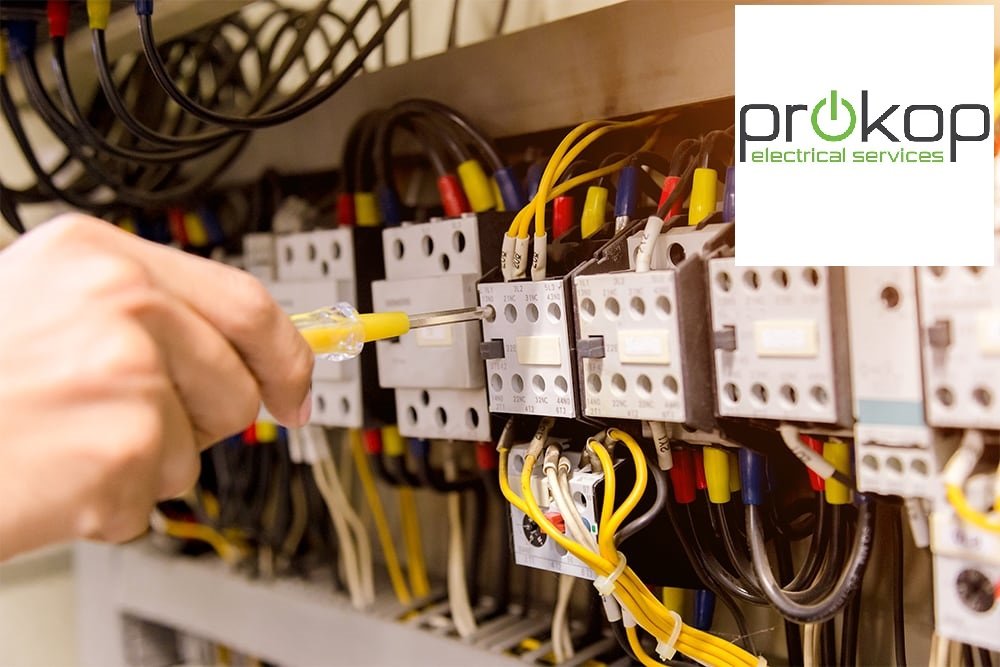Heat Pump Maintenance Tips: Extending The Lifespan Of Your HVAC System

Overview
Welcome to our blog where we will be sharing some valuable heat pump maintenance tips to help you extend the lifespan of your HVAC system. christchurch heat pumps are an essential component of your home’s heating and cooling system, and proper maintenance is key to ensuring their efficient operation.
In this article, we will provide you with easy-to-follow guidelines that will keep your Christchurch heat pumps in top shape, saving you both time and money in the long run.
1. Regularly Clean and Replace Air Filters
One of the simplest yet most effective ways to maintain your heat pump is by regularly cleaning or replacing its air filters. Clogged or dirty filters restrict airflow, reducing the efficiency of your unit and putting unnecessary strain on its components. By cleaning or replacing the filters every few months, you can ensure that your heat pump operates optimally, providing you with consistent comfort while keeping energy costs in check.
Air filters in Christchurch heat pumps serve the important function of trapping dust, pollen, and other airborne particles, preventing them from circulating in your home. Over time, these filters can become clogged and dirty, obstructing the airflow and reducing the efficiency of your heat pump. This not only affects the overall performance of your system but also puts additional strain on the components, leading to potential breakdowns and costly repairs.
To maintain the efficiency of your heat pumps, it is important to clean or replace the air filters regularly. Start by checking the manufacturer’s instructions for guidance on the recommended filter maintenance schedule. In general, it is advisable to clean or replace the filters every one to three months, depending on factors such as the quality of your indoor air and the amount of use your heat pump receives.
2. Keep Outdoor Unit Clear
The outdoor unit of your heat pump plays a crucial role in extracting and dissipating heat from your home. To ensure its optimal performance, it is important to keep it clear from any debris such as leaves, twigs, or grass clippings. Check regularly for any obstructions and remove them promptly to prevent airflow restriction and potential damage to the unit.
The outdoor unit of your heat pumps, also known as the condenser unit, is responsible for transferring heat from your home to the outside environment. It contains important components such as the compressor, condenser coil, and fan, which work together to facilitate the heat transfer process.
To ensure the efficient operation of your heat pump, it is vital to keep the outdoor unit clear from any obstructions. Debris such as leaves, twigs, grass clippings, and even snow can accumulate around the unit, obstructing the airflow and hindering its ability to transfer heat effectively. This can lead to reduced performance, increased energy consumption, and potential damage to the unit.
Regularly inspect the outdoor unit and remove any debris that has accumulated. Start by turning off the heat pump and carefully remove any visible debris by hand or using a brush. Take caution not to damage any delicate components or fins in the process. Once the visible debris is removed, use a garden hose to gently rinse the unit, removing any remaining dirt or dust. Avoid using a high-pressure spray, as this can damage the fins or other sensitive parts of the unit.
3. Schedule Professional Maintenance Annually
While there are several maintenance tasks you can handle yourself, scheduling professional maintenance for your heat pump at least once a year is highly recommended. Certified technicians have the expertise and tools required to thoroughly inspect and tune up your system, ensuring all components are working properly. They can also identify any potential issues before they turn into costly repairs.
While regular cleaning and maintenance tasks can be handled by the homeowner, it is important to schedule professional maintenance for your heat pump at least once a year. Certified technicians have the knowledge and expertise required to thoroughly inspect and tune up your system, ensuring that all components are working properly and efficiently.
During a professional maintenance visit, the technician will perform a comprehensive inspection of your heat pump, checking for any signs of wear and tear, loose connections, or potential issues. They will also clean and lubricate the necessary components, ensuring everything is in optimal condition. Additionally, the technician will measure refrigerant levels and adjust them if needed, as improper refrigerant levels can affect the performance and efficiency of your heat pump.
By scheduling professional maintenance annually, you can catch any potential issues early on, preventing them from escalating into major problems. This proactive approach not only saves you from costly repairs but also helps to extend the lifespan of your heat pump. A well-maintained heat pump will operate more efficiently, reducing energy consumption and saving you money on utility bills.
4. Monitor Thermostat Settings
Proper thermostat settings not only contribute to a comfortable living environment but also help reduce wear and tear on your heat pump. Set temperatures that are suitable for your needs, avoiding drastic fluctuations that can strain the system. Consider utilising programmable thermostats to optimise energy usage and maintain a consistent indoor climate.
The thermostat plays a crucial role in controlling the operation of your heat pump. Proper thermostat settings not only contribute to a comfortable living environment but also help to reduce wear and tear on your heat pump, extending its lifespan.
When setting the temperature on your thermostat, it is important to find a balance between comfort and energy efficiency. Avoid setting the temperature too high or too low, as this can strain the heat pump and lead to increased energy consumption. Opt for a temperature that is comfortable for you and your family, while still allowing the heat pump to operate efficiently.
It is also important to avoid drastic temperature fluctuations, as this can put unnecessary strain on the heat pump. Instead, aim for a consistent indoor climate by setting the thermostat to a temperature that does not require the heat pump to constantly switch between heating and cooling modes. Gradual adjustments to the temperature are preferred, allowing the heat pump to operate more efficiently and reducing the risk of breakdowns.
Conclusion
By following these heat pump maintenance tips, you can extend the lifespan of your HVAC system while enjoying optimal performance and energy efficiency. Remember to clean or replace air filters regularly, keep the outdoor unit clear from debris, schedule professional maintenance of Christchurch heat pumps annually, monitor thermostat settings, and check and clean coils periodically. Taking care of your heat pump will not only save you money on utility bills but also provide you with year-round comfort in your home.
We hope you found this article helpful! If you have any further questions or need assistance with your heat pump maintenance, feel free to reach out to our knowledgeable team. Stay cosy and enjoy efficient heating and cooling with well-maintained heat pumps!
Related Posts

Step-by-Step Guide to Outdoor Security Camera Installation

The Ultimate Guide to Hiring a Trustworthy Professional Electrician

